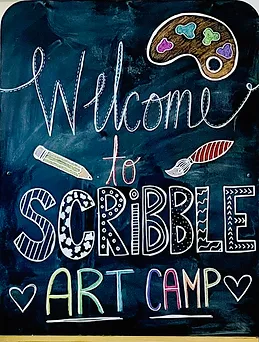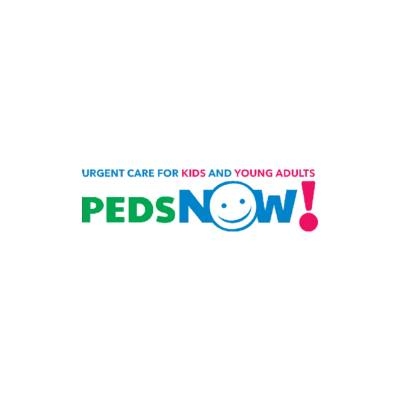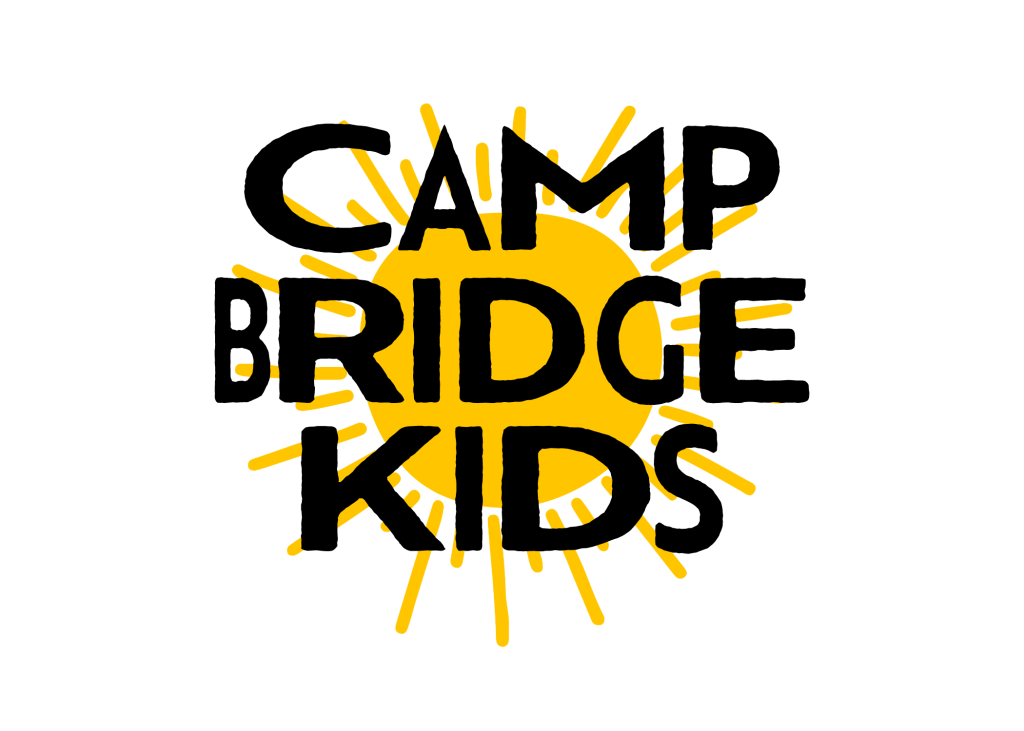Ask an expert: How to prepare my child for preschool
 Social and Emotional Development to prepare your child for preschool
Social and Emotional Development to prepare your child for preschool
Below is a guest post by Jane Madison, an early childhood education expert and pre-K teacher at Saint Peter the Apostle School on Wilmington Island:
In the last article we discussed the importance of talking with and reading to your child to enhance language skills, a crucial factor in school success. This article will focus on social skills and emotional development as they relate to school readiness.
As in language development, the brain begins wiring for social and emotional intelligences from birth. The optimum window of opportunity for these skills is 0-48 months with continued enhancement from 4 years to puberty. (See complete chart at www.pamschiller.com, Windows of Opportunity).
There are many attributes that fall under the category of social and emotional intelligence. Trust, confidence, competence, independence, cooperation, and impulse control are just a few of the characteristics needed for social success. We have seen in recent years how important “playing well with others” is to a happy, productive school career. Sadly, a week hardly goes by without reading about a teen suicide, internet or school bullying or violent behavior among adolescents. These can all be seen to be direct results of poor social or emotional development of both the bullies and victims.
Therefore, we need to recognize the importance of helping our children develop strong social skills at an early age. A good preschool program will focus mostly on socialization, because after preschool there is little time in the school day to really work on these skills.
Children need to be shown how to get along with others. They need to be told what people like, and don’t like. When explaining unwanted behavior to your child, do it calmly and with as few words as possible.( When I do this with the children in my class I think of it as a golf announcer on TV giving a whispering play by play.) “When you push Suzie out of the way, it makes her mad. Next time wait and let her go first.” “You might think it is fun to take the Batman away from your brother, but he doesn’t. Give it back and ask him if you can have it.”
Don’t assume they can read your body language or facial expressions. They have to be told what happy, sad, mad, irritated, amused etc. all mean, and look like.
Here are some things you can do to help your child develop social skills;
• Praise him specifically when he does something “friendly”. “You gave John a cookie. That is what a friend does.” “You helped me clean up. That is one of the things I like about you.”
• Teach her how to wait a little bit. “I will get your water when I finish folding the clothes.” “Give your dad this bowl of ice cream first, and then I’ll fix yours.”
• Encourage independence. Allow him to do everything he is capable of doing on his own. This is hard for a lot of parents, because you love your child, want him to be happy, and it is easier to do it for him. Please remember, this is not helping him grow-up. Do you really want to be spreading peanut butter on his sandwich when he is 13?
• Teach him how to listen and have a conversation. This sounds easy, but really takes practice! You say something, he listens. Your husband says something on the same topic. Then, you ask your child a question. He answers off topic. You say, “That is not what I asked. I asked…” Wait for his answer. You comment on what he said, and continue in this manner.
• Teach her to notice other people’s circumstances, and promote empathy. “Oh, look Sally fell down and is crying. How can we help?” “I can’t carry that for you, look at my hands.”
Research has shown that a child’s ability to interact with others, recognize, control and express feelings, and demonstrate self-help skills independently are as important (or even more important) as academic skills in school success! Here’s to “playing well with others!”



















































